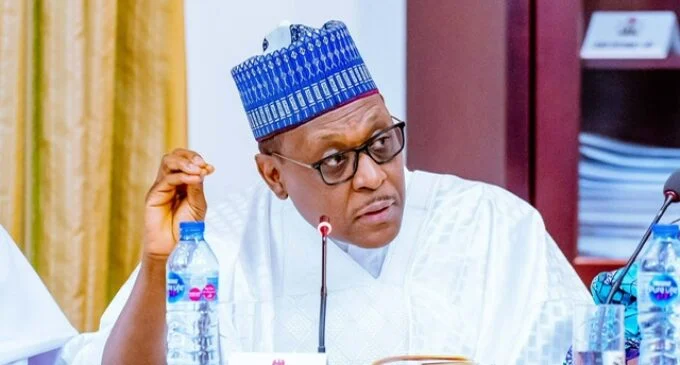Ali Pate, coordinating minister of health and social welfare, says the federal government is working to remove all the constraints on importing raw materials needed for local manufacturing of drugs.
The minister spoke on Tuesday at a webinar, “Addressing the Escalating Costs of Medicines,” organised by TheCable to mark its 10th anniversary.
Pate said the forex devaluation has affected manufacturers’ ability to buy raw materials and equipment, which has led to the rising cost of drugs in the country.
He cited other factors such as power supply, technical know-how, technology, the supply chain, and the regulatory landscape.
The minister said less than 10 percent of Nigerians are covered under health insurance, noting that financing the sector and affordability of services have been major issues in the last 40 years in the country.
“This means many fund healthcare out of pocket. Many of us will be thrown into poverty if met with catastrophic health challenges like cancer and kidney failure because we don’t have a viable insurance platform,” he said.
“For us in Nigeria, we have been playing catch up for 20 years. If we had built an industrial base to manufacture active pharmaceutical ingredients (APIs) and pharmaceuticals, we probably would have had much less impact from the global increase in the price of APIs and the supply chains. While there is some infrastructure for manufacturing, it is not at the level to meet the demand we have.”
Pate said the government has since November 2023 had a series of engagements with industry players, practitioners, and different stakeholders on the escalating costs of pharmaceutical products in the country.
He added that President Bola Tinubu has directed that the ministry work in collaboration with the private sector to find a solution.
“We have had engagements with the pharmaceutical consultative forum, and we are finalising an instrument from the government that will affect the fiscal policy constraints on the import of raw materials and manufacturing equipment,” the minister said.
“We are inviting several actors with the technology to partner with our local manufacturers, so we have an industrial base as well. We have a viable market, and we need to make a head start in that direction.
“On the financing side, a massive effort is underway to reform the health insurance landscape. We believe if we can expand the insurance landscape and have millions covered, the cost of diagnostics and care will not be borne by individuals and households but by a third party. The absence of a third party is why Nigerians are feeling the pinch from the rise in costs,” he said.






